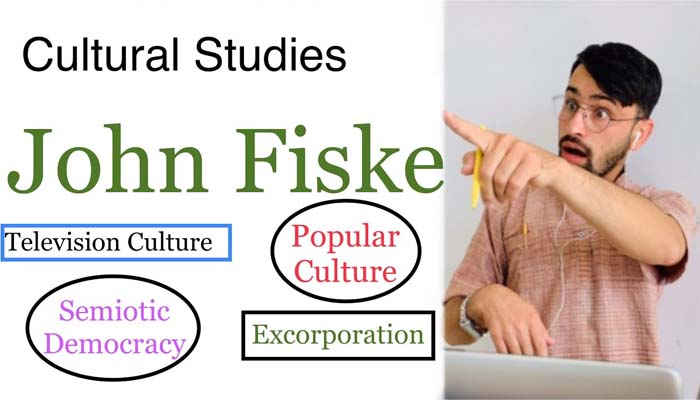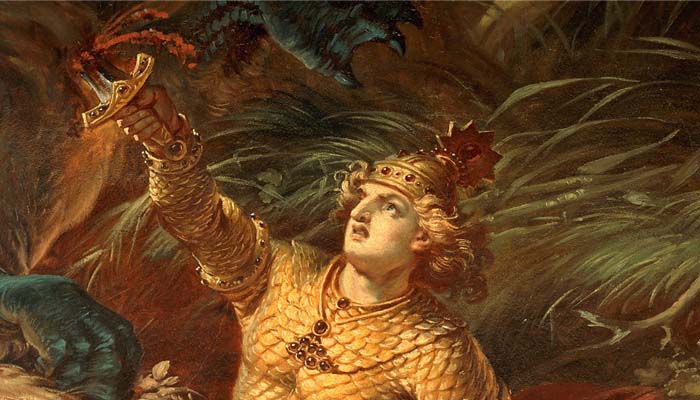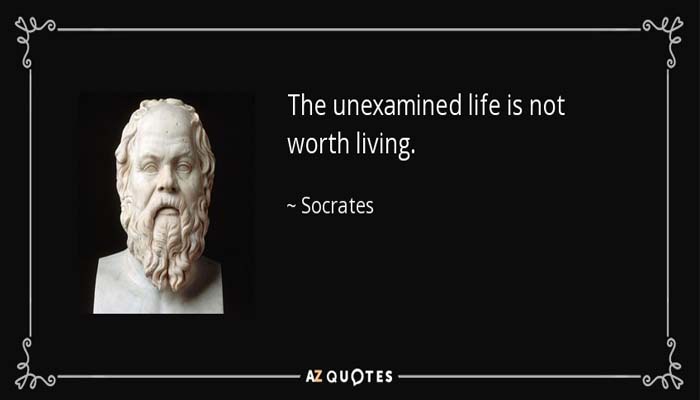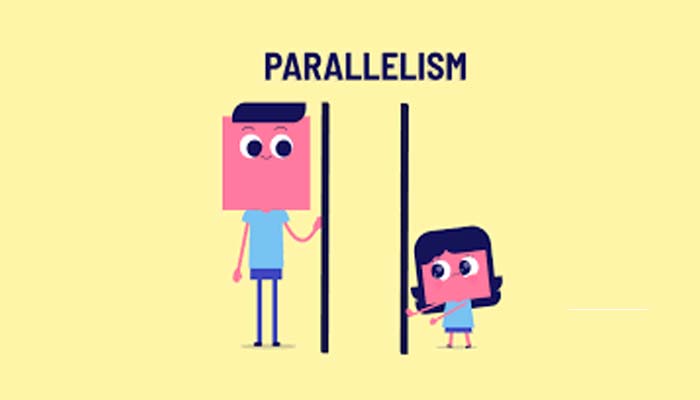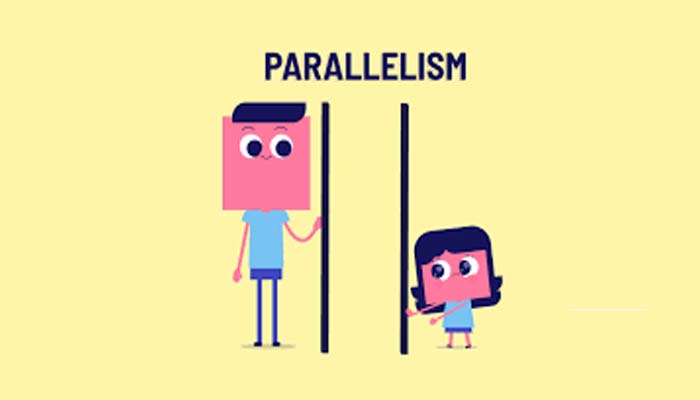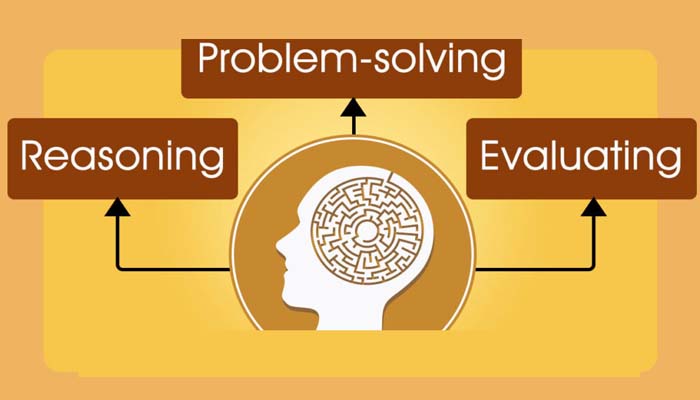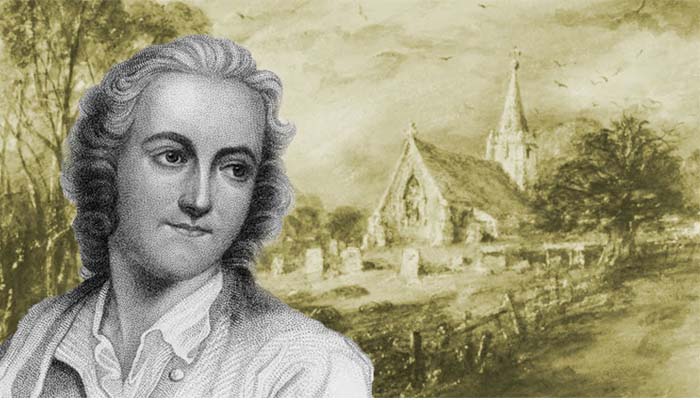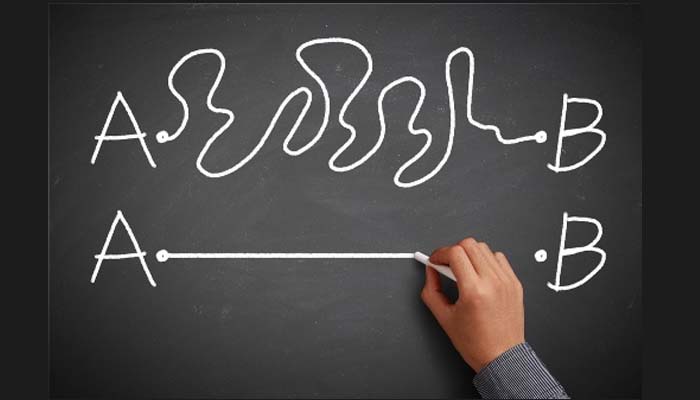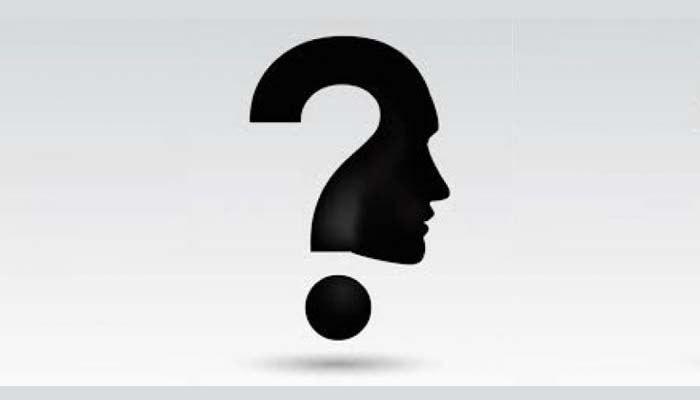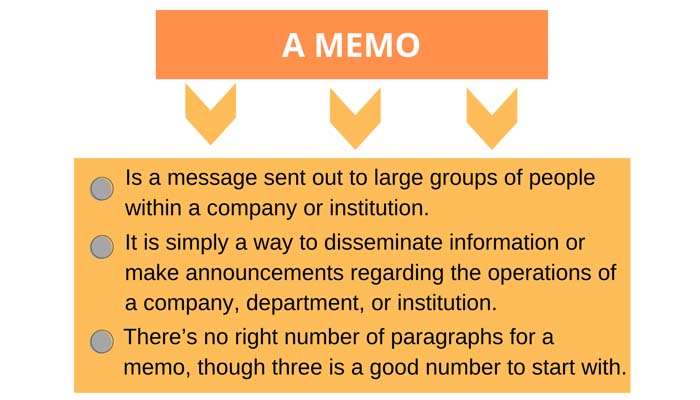
Television Culture and The Codes of Television
Television Culture by John Fiske
John Fiske examines the ways in which television has shaped and influenced our culture. He looks at how television has changed the way we think, how it has changed our values, and how it has changed our behavior.
He also looks at how television has become a powerful tool for social control and how it has been used to manipulate public opinion. Fiske argues that television has become an integral part of our lives and that it has had a profound effect on our culture.
He also looks at how television has been used to create a false sense of reality and how it has been used to create a false sense of security.
Finally, Fiske looks at how television has been used to create a false sense of community and how it has been used to create a false sense of belonging.
Television Culture and The Codes of Television
The Codes of Television
The codes of television refer to the ways in which television is used to communicate messages and meanings to its viewers.
These codes include the use of language, images, music, and other elements to create a particular atmosphere or mood.
They also include the use of narrative structures, such as the use of flashbacks, to tell stories. The codes of television also include the use of stereotypes and other forms of representation to create a particular view of the world.
Finally, the codes of television include the use of advertising and other forms of promotion to influence viewers’ opinions and behavior.
An event to be televised is already encoded by social codes such as those of:
- Level one: “REALITY” appearance, dress, make-up, environment, behavior, speech, gesture, expression, sound, etc.
- Level two: “REPRESENTATION” camera, lighting, editing, music, and sound which transmit the conventional representational codes.
- Level three: “IDEOLOGY” which are organized into coherence and social acceptability by ideological codes, such as those of individualism, patriarchy, race, class, materialism, capitalism, etc.
Television Culture and The Codes of Television
In summary, television culture has a significant influence on our lives. Our way of thinking, what we value, and how we act have all altered as a result.
Additionally, it has been utilized to sway public opinion and foster a fictitious sense of security and reality.
Our lives now revolve around television culture, which has had a significant impact on our culture.
To better comprehend the power of television and its influence on our culture, it is crucial to comprehend the codes of television and how they are employed to convey messages and meanings to viewers.
Also Read: Modernism Characteristics
Author: Md. Rabby Sharif Ador
Department: English
Institution: Notre Dame University Bangladesh
Member of ‘Future Writers’
Visit: Marketing Learner, Invest Carrier, Meartex, Gree AC price


